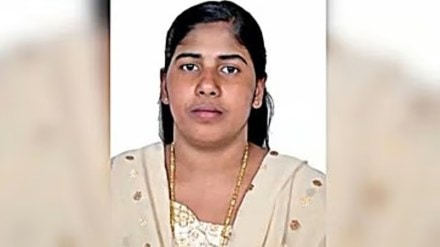The Supreme Court was informed on Monday that there’s not much the Indian government can do to stop the execution of Nimisha Priya, a Kerala nurse sentenced to death in Yemen for killing a local man in 2017. The execution is scheduled for July 16.
Attorney General R. Venkataramani told the court that the government has done everything possible in the matter, but there are limits due to the sensitive nature of India’s relationship with Yemen. He added that India does not have formal diplomatic ties with the country, making further negotiations difficult. The government is trying to help through private diplomatic channels, but the situation is complicated.
“There’s nothing much govt can do, looking at sensitivity of Yemen, it’s not diplomatically recognized. Blood money is a private negotiation. There’s a point till which govt of India can go. We have reached that. Yemen is not like any other part of the world. We didn’t want to complicate situation by going public, we are trying at private level,” the AG said.
The case was heard by a bench of Justices Vikram Nath and Sandeep Mehta. The petition was filed by an organisation called the Save Nimisha Priya International Action Council. They informed the court that the nurse’s family and supporters are negotiating with the victim’s family to pay “blood money” — a form of compensation allowed under Shariat law — in exchange for a pardon.
However, the Attorney General clarified that such payments are considered a private matter and that the Indian government cannot intervene directly. He added that making the matter public might make things worse due to Yemen’s unstable situation.
Justice Mehta acknowledged the emotional and sensitive nature of the case but said the court could not pass any order to stop an execution in another country. He questioned how such an order could be enforced.
Nimisha Priya was convicted of murdering a Yemeni man named Talal Abdo Mahdi. According to her supporters, he had seized her passport and physically and mentally abused her. To get her passport back, she injected him with sedatives, which led to his death from an overdose. She was sentenced to death in 2018, and her appeal was rejected in 2023 by Yemen’s Supreme Judicial Council. The Yemeni President also approved the sentence. Her family is now trying to pay the “blood money” to Talal’s family.
Kerala CM writes to PM Modi
Kerala Chief Minister Pinarayi Vijayan has written to Prime Minister Narendra Modi asking him to intervene. A similar request was sent earlier to Foreign Minister S. Jaishankar.
Earlier, Nimisha’s mother had asked the Delhi High Court for permission to travel to Yemen to help with the negotiations, even though travel to the country is banned for Indian citizens. The High Court had then asked the Central Government to respond to her request.
